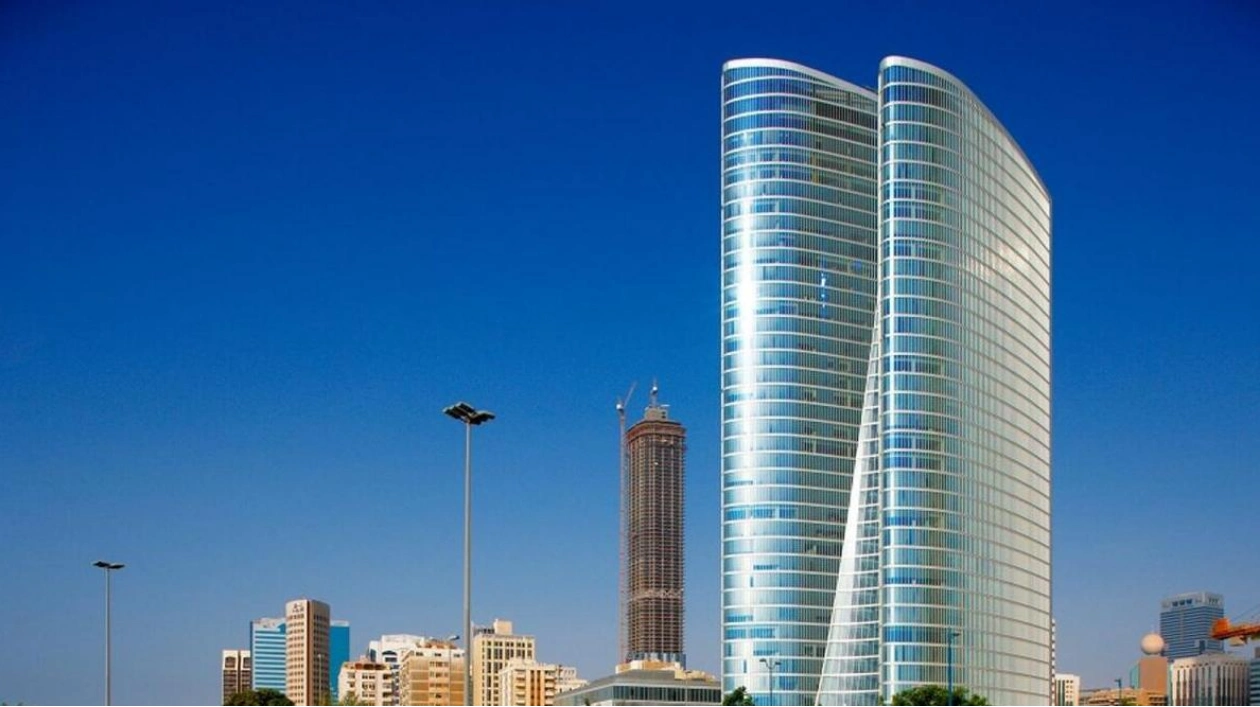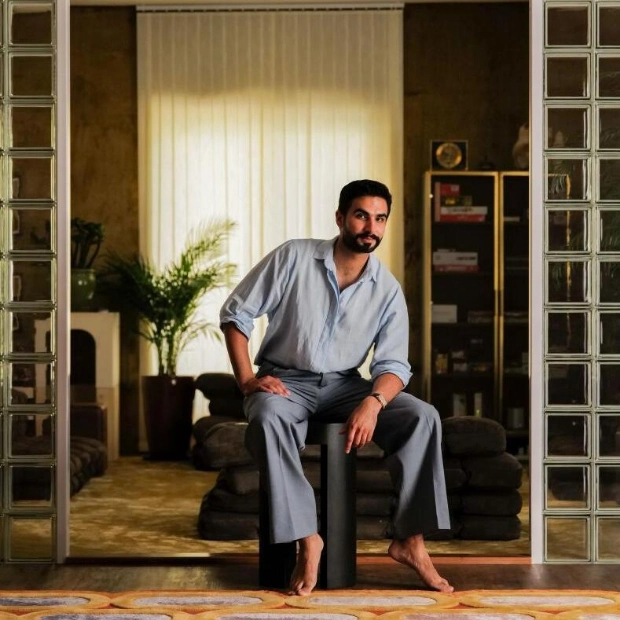Sovereign wealth funds from the GCC, including three SWFs of the UAE, are poised to have an increasingly significant impact on European and global mergers and acquisitions in the coming years. Five SWFs from the GCC – Abu Dhabi Investment Authority (Adia), Mubadala and ADQ, Public Investment Fund (PIF) from Saudi Arabia, and Qatar Investment Authority (QIA) – are among the top ten players looking to expand their role in overseas M&As, particularly in capital-intensive projects, according to Mergermarket. Middle Eastern SWFs have shown a growing focus on environmental, social, and governance issues, making energy transformation a noteworthy area to monitor. The region's ten largest sovereign wealth funds, including Adia ($943 billion), Kuwait Investment Authority ($803 billion), PIF ($700 billion), and QIA ($450 billion), collectively manage nearly $4 trillion, as reported by the Sovereign Wealth Fund Institute.
European transactions involving Middle Eastern SWFs have exhibited an upward trend over the past decade, with 2019 reaching a peak of EUR 12 billion across ten deals before the pandemic, as per Mergermarket data. Deal volumes in 2022 and 2023 approached this record figure at EUR 11.9 billion.
Sovereign wealth funds in the Middle East have honed their expertise as limited partners (LPs) in funds managed by other investors. However, many have also been enhancing their investment capabilities in recent years, notes Rupert Cocke, senior editor of Mergermarket EMEA. With the ongoing trend, it is anticipated that SWFs will assume a greater role in European and global M&A, particularly in capital-intensive ventures in the years and decades to come.
Isabel Dische, partner at Ropes & Gray and chair of the firm’s alternative asset opportunities group, remarked, “We have observed numerous SWF clients worldwide, including those in the Middle East, expanding their investment programs in recent years.” The Global SWF reported that sovereign funds globally managed $11.2 trillion in assets under management (AUM) in 2023, approximately 13 per cent of the world's GDP of $85 trillion, with this figure expected to rise as investors become more active.
In 2023, SWFs were prevalent in the dealmaking arena in the Middle East, accounting for an estimated $81.7 billion invested in mergers, a notable portion of the total deal value during the year, according to a report by Bain & Company. The region witnessed around $95 billion worth of M&As in 2023, marking a 3.0 per cent decline from the previous year's total. This decline reflects a global trend, with worldwide M&As dropping 15 per cent to a ten-year low of $3.3 trillion.
Data on dealmaking in the Middle East indicates that government funds are pivotal in the region's investment landscape. The Middle East is experiencing a significant transition toward accelerating the energy shift, with a growing emphasis on clean energy investments and ambitious net-zero targets, as mentioned by Elif Koc, a partner at Bain & Company Middle East.
Investment experts asserted that sovereign wealth funds are spearheading the reshaping of the Middle East’s economic future, diversifying beyond oil and laying the groundwork for sustainable growth and prosperity. They emphasized that Middle Eastern countries have become prominent players in the global economy, diversifying the economies of resource-rich nations and contributing to future investments worldwide. In the long term, this diversification will reduce the region's dependence on oil, with the returns from these investments serving as an alternative income source for regional economies. Additionally, experts anticipated that the region's SWFs are highly likely to establish a strong global presence in sustainable investment, alongside the healthcare, infrastructure, and revolutionary technologies space.






